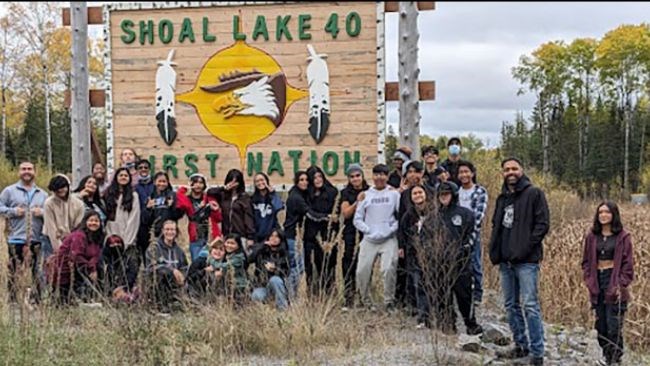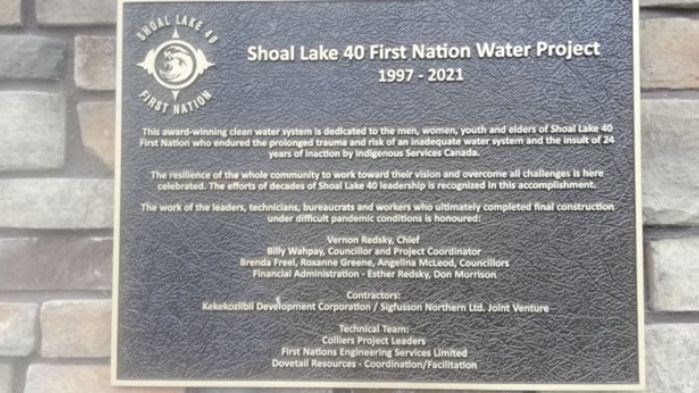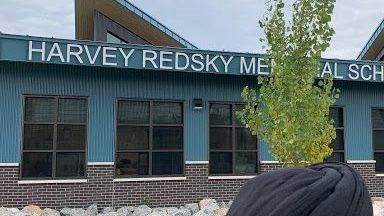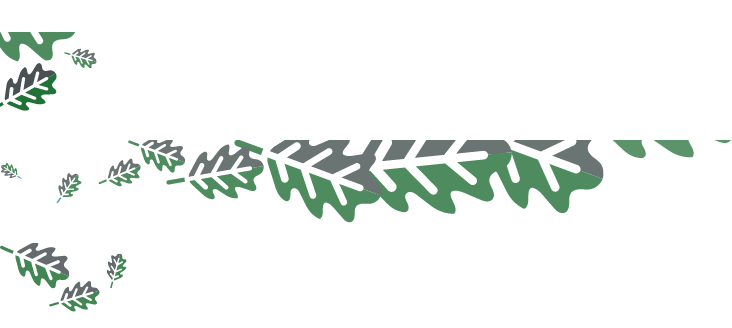Traditional Leaving to Learns
Traditional Leaving to Learn: An Overview
At Maples Met School, we embrace the powerful concept of "Leaving to Learn," as championed by Elliot Washor and Dennis Littky in their work with Big Picture Learning. "Leaving to Learn" is based on the idea that deep, meaningful learning often happens beyond the walls of a traditional classroom. When students are given the opportunity to explore the world, connect with mentors, and engage in real-world experiences, they gain knowledge, skills, and confidence in ways that are authentic and transformative.
This approach encourages students to pursue their interests through internships, community projects, and experiential learning opportunities. Each experience is designed around the student's passions and goals, supported by advisors and mentors who help guide their learning. By connecting academic expectations to real-world contexts, students develop agency, purpose, and a clearer vision for their future.
At Maples Met, Leaving to Learn is more than a model—it’s a mindset. It aligns with our commitment to personalized, student-driven education that prepares young people not just for graduation, but for life. Whether through working in a professional environment, engaging in community-based initiatives, or taking part in off-campus learning experiences, our students learn by doing, thinking, reflecting, and contributing to the world around them.
Recent and Notable Leaving to Learn Destinations:
The Aki Centre
Shoal Lake 40 First Nation
Winnipeg Art Gallery
Canadian Museum for Human Rights
Red River College Polytech
Fort Whyte Alive
Manitoba Legislature
Oak Hammock Marsh
University of Winnipeg
University of Manitoba
Birds Hill Park
Bannock Point Petroforms
Shoal Lake 40 First Nation:
Grade 10 Experience
Full Day Activity
Brief History of Shoal Lake 40 First Nation
Shoal Lake 40 First Nation is a First Nations community spanning the Manitoba–Ontario border, located on a man‑made island in Treaty 3 territory. As of late 2022, its registered population stood at about 683, with roughly 306 living on-reserve . The community operates an elementary and junior-high school on reserve—Harvey Redsky Memorial School—serving students through grade 8. A pivotal focus over the past decade has been infrastructure: after decades under a boil-water advisory due to cryptosporidium contamination, they gained permanent safe drinking water in September 2021, facilitated by the construction of Freedom Road (2017–2019) which enabled heavy equipment and materials access and lowered treatment facility costs . Freedom Road, funded jointly by federal, provincial, and municipal partners, connects to the Trans‑Canada Highway and ensures reliable year-round mobility.
On the education front, Shoal Lake 40 First Nation has partnered with Maples Met School (Grades 9–12) in Winnipeg’s Seven Oaks School Division. This “Big Picture” model emphasizes personalized learning, internship-style placements, and strong advisory relationships for Indigenous students. The school’s public land acknowledgement credits Treaty 3 and expresses gratitude for clean water from Shoal Lake 40, highlighting deep cultural and educational connections between the partners.


Shoal Lake 40 Fall Harvest: A Grade 10 Learning Journey Preparations for a day trip to Shoal Lake 40 First Nation began in June, when Jason proposed an opportunity for Grade 10 learners to engage in meaningful land-based learning. By September, he had worked to organize a visit that would align with in-class studies taking place at Maples Met. On October 12, Grade 10 learners had the privilege of participating in a Leaving to Learn experience that immersed them in the Shoal Lake Fall Harvest. This visit was part of a broader series of learning projects that also include trips to the Aki Centre and classroom-based reading, discussion, and reflection on Aqueduct: Colonialism, Resources, and the Histories We Remember by Adele Perry. Together, these experiences help students deepen their understanding of colonial histories, Indigenous knowledge systems, and the importance of water sovereignty.
Preparations for a day trip to Shoal Lake 40 First Nation began in June, when Jason proposed an opportunity for Grade 10 learners to engage in meaningful land-based learning. By September, he had worked to organize a visit that would align with in-class studies taking place at Maples Met. On October 12, Grade 10 learners had the privilege of participating in a Leaving to Learn experience that immersed them in the Shoal Lake Fall Harvest. This visit was part of a broader series of learning projects that also include trips to the Aki Centre and classroom-based reading, discussion, and reflection on Aqueduct: Colonialism, Resources, and the Histories We Remember by Adele Perry. Together, these experiences help students deepen their understanding of colonial histories, Indigenous knowledge systems, and the importance of water sovereignty.
 "The community members at Shoal Lake 40 First Nation working with our class are uniquely qualified to speak to their observations of changes they have observed in the Shoal Lake ecosystem as a result of the construction and operation of the aqueduct, their collective experience of a century of living without road access to the mainland, and the ongoing work the community and the federal government have been involved in to address these impacts." - Jason
"The community members at Shoal Lake 40 First Nation working with our class are uniquely qualified to speak to their observations of changes they have observed in the Shoal Lake ecosystem as a result of the construction and operation of the aqueduct, their collective experience of a century of living without road access to the mainland, and the ongoing work the community and the federal government have been involved in to address these impacts." - Jason
Preliminary Study: Aqueduct: Colonialism, Resources, and the Histories We Remember
To prepare for their Leaving to Learn experience at Shoal Lake 40 First Nation, Grade 10 students at Maples Met completed a classroom project centered on Aqueduct: Colonialism, Resources, and the Histories We Remember by Adele Perry. Informed by Perry’s analysis—published by ARP Books in 2016—the students explored how the construction of the Winnipeg Aqueduct in 1919 supplied Winnipeg with clean water while isolating Shoal Lake 40, creating long-lasting impacts on the community, including restricted access to safe drinking water . Through critical reading, group discussion, and reflection, they investigated the colonial power dynamics embedded in municipal infrastructure. These insights enriched their on-site learning, equipping them to engage respectfully and knowledgeably with community elders, harvest practices, and the enduring legacies of Shoal Lake during their fall visit.
The Aki Centre
All Grades
Variety of Activities

The Aki Centre (full name: Ozhaawashkwaa Animikii‑Bineshi Aki Onji Kinimaagae’ Inun, also known as the Blue Thunderbird Land‑Based Teachings Learning Centre) is a groundbreaking land‑based education hub in West St. Paul, operated by Seven Oaks School Division . Established in 2017 and officially opened in 2019, the Centre sits on nearly 50 acres of restored tall‑grass prairie and wetlands .
 Its mission is to blend Indigenous and Western perspectives through holistic, experiential learning. Kindergarten through Grade 12 students (along with mature learners, educators, and community members) engage in programming focused on sustainable food production, environmental stewardship, cultural connections, and Indigenous worldviews . Facilities include gardens, a sweat lodge, tipi, trails, a storm‑water retention pond, interpretive signage, and even a toboggan hill .
Its mission is to blend Indigenous and Western perspectives through holistic, experiential learning. Kindergarten through Grade 12 students (along with mature learners, educators, and community members) engage in programming focused on sustainable food production, environmental stewardship, cultural connections, and Indigenous worldviews . Facilities include gardens, a sweat lodge, tipi, trails, a storm‑water retention pond, interpretive signage, and even a toboggan hill .
In 2024, the Centre received the Indspire Guiding the Journey Award for outstanding contributions to Indigenous education . To date, over 5,000 students and educators have participated in its transformative programming. The Aki Centre stands as a model for reconciliation, land restoration, and community engagement in Indigenous‑centred education.
 Students from Maples Met School visit the Aki Centre throughout the year as part of their “Leaving to Learn” experiences. These visits are deeply connected to student interests and learning goals, blending science, environmental studies, and Indigenous teachings in a powerful way. At the Aki Centre, students engage with local Elders and Knowledge Keepers, exploring the land through storytelling, ceremony, and hands-on experiences.
Students from Maples Met School visit the Aki Centre throughout the year as part of their “Leaving to Learn” experiences. These visits are deeply connected to student interests and learning goals, blending science, environmental studies, and Indigenous teachings in a powerful way. At the Aki Centre, students engage with local Elders and Knowledge Keepers, exploring the land through storytelling, ceremony, and hands-on experiences.
They learn about ecosystems, plant and animal life, and the relationships that sustain natural systems. Students conduct biology and environmental science experiments directly within the ecosystem, gaining practical insights that connect classroom concepts to real-world applications. They also build land-based projects that reflect their learning, such as sustainable gardening or prairie restoration. These visits are transformative, fostering both academic growth and personal connection to land and culture. The Aki Centre stands as one of Maples Met’s most important and meaningful Leaving to Learn destinations.


